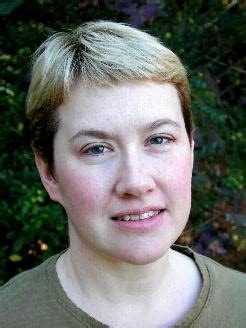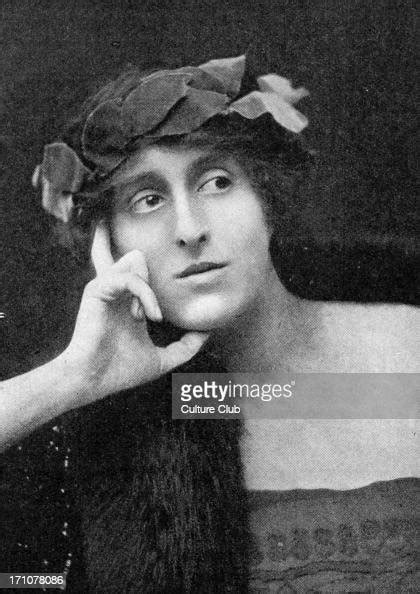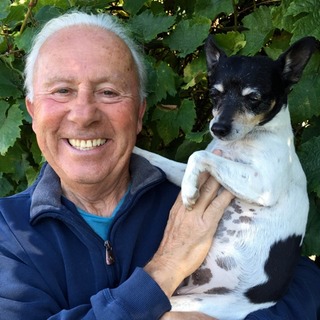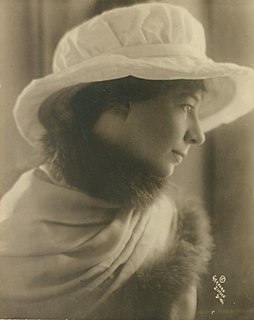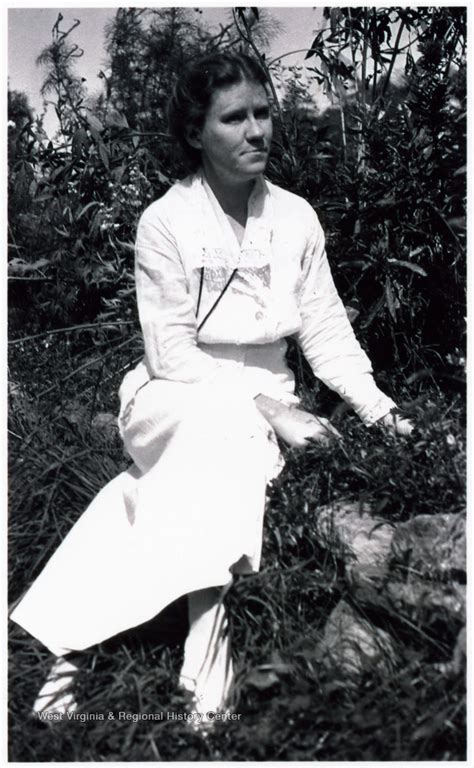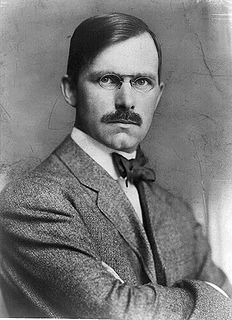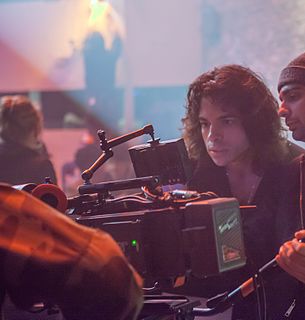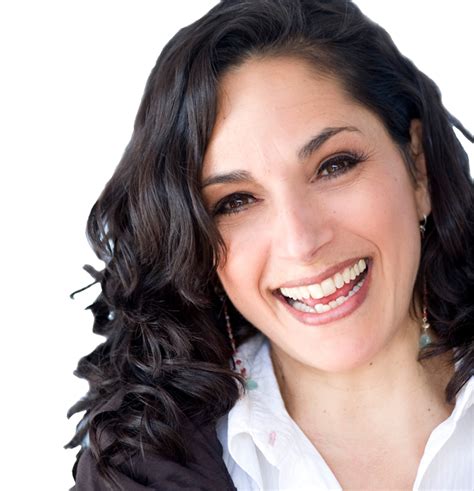A Quote by Cate Tiernan
At that moment I remembered something Cal had told me: that there is beauty in darkness in everything. Sorrow in joy, life and death, thorns on the rose. I knew then that I could not escape pain and torment any more than I could give up joy and beauty
Related Quotes
It always seemed to me that the herbaceous peony is the very epitome of June. Larger than any rose,
it has something of the cabbage rose's voluminous quality; and when it finally drops from the vase, it
sheds its petticoats with a bump on the table, all in an intact heap, much as a rose will suddenly fall,
making us look up from our book or conversation, to notice for one moment the death of what had
still appeared to be a living beauty.
I could feel myself changing physically. It was like something dropped out of the sky. Seeing her on the fire escape had given me a certain feeling, and then when I saw the photograph of her, it gave me a similar feeling. And I thought that was an incredibly powerful thing - that a photograph could give you a feeling that was similar to a feeling you had in the physical world. Nobody could've told me that. I knew what I was going to do for the rest of my life.
The beauty is forever there before us, forever piping to us, and we are forever failing to dance. We could not help but dance if we could see things as they really are. Then we should kiss both hands to Fate and fling our bodies, hearts, minds, and souls into life with a glorious abandonment, an extravagant, delighted loyalty, knowing that our wildest enthusiasm cannot more than brush the hem of the real beauty and joy and wonder that are always there.
The only position that leaves me with no cognitive dissonance is atheism. It is not a creed. Death is certain, replacing both the siren-song of Paradise and the dread of Hell. Life on this earth, with all its mystery and beauty and pain, is then to be lived far more intensely: we stumble and get up, we are sad, confident, insecure, feel loneliness and joy and love. There is nothing more; but I want nothing more.
I never understood people who said their greatest fear was public speaking, or spiders, or any of the other minor terrors. How could you fear anything more than death? Everything else offered moments of escape: a paralyzed man could still read Dickens; a man in the grips of dementia might have flashes of the must absurd beauty.
The difference between shallow happiness and a deep, sustaining joy is sorrow. Happiness lives where sorrow is not. When sorrow arrives, happiness dies. It can't stand pain. Joy, on the other hand, rises from sorrow and therefore can withstand all grief. Joy, by the grace of God, is the transfiguration of suffering into endurance, and of endurance into character, and of character into hope--and the hope that has become our joy does not (as happiness must for those who depend up on it) disappoint us.
Did you think you could have the good without the evil? Did you think you could have the joy without the sorrow? . . . . I have been thinking much about pain. How could I help it? . . . . Sooner or later, regardless of the wit of man, we have pain to face; a reality; a final inescapable, immutable fact of life. What poor souls, if we have then no philosophy to face it with! This pain will not last; it never has lasted. I'll think about what I am going to write tomorrow-not about me, not about my body.
